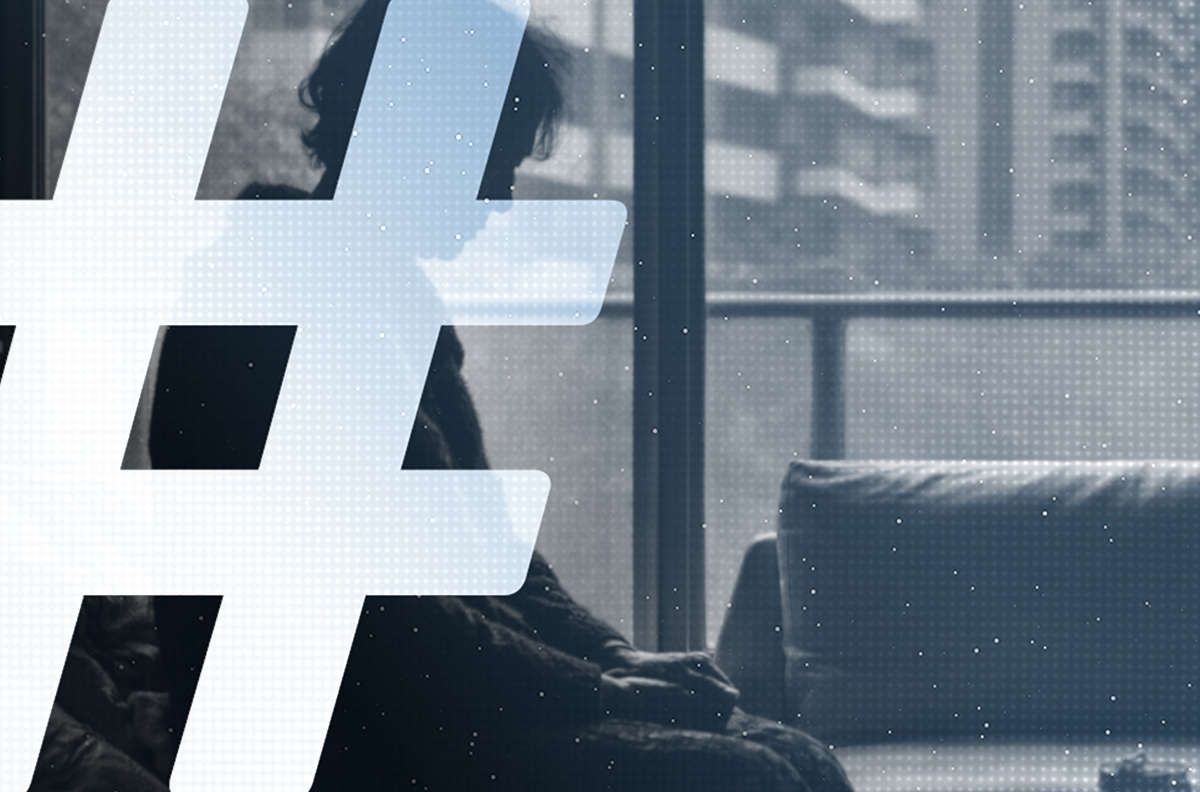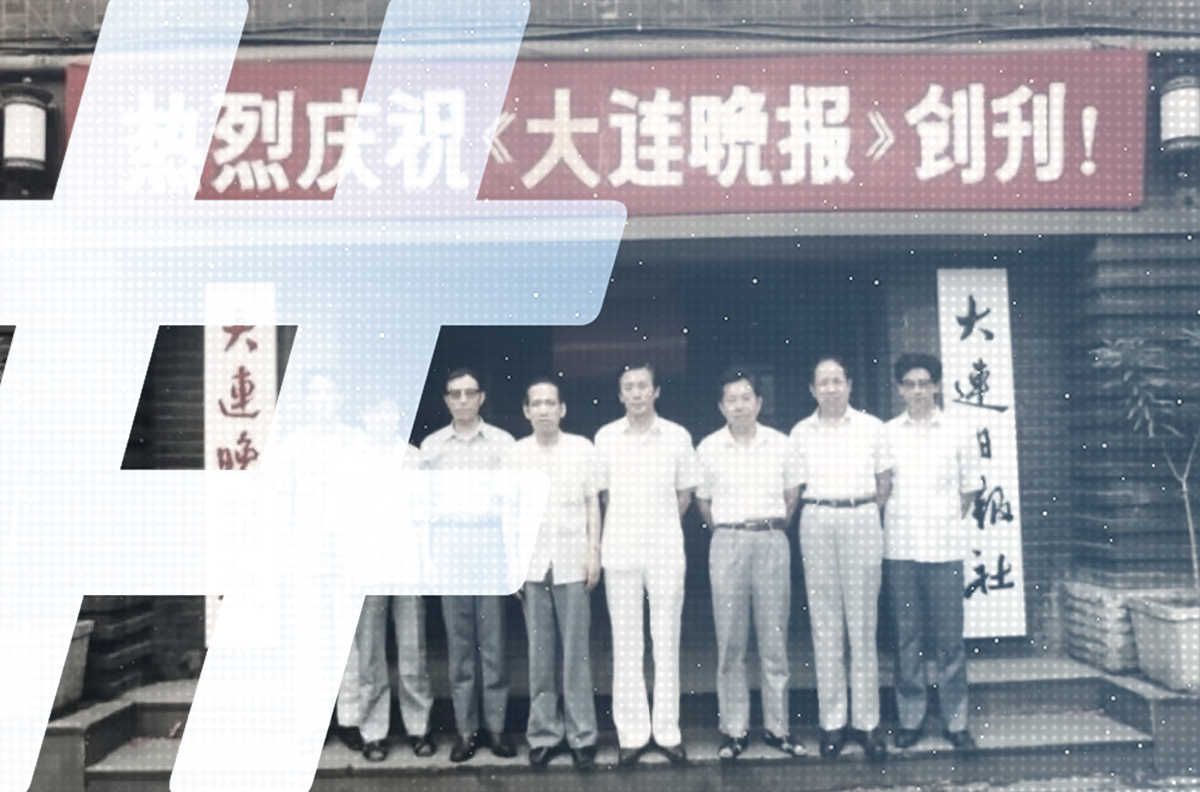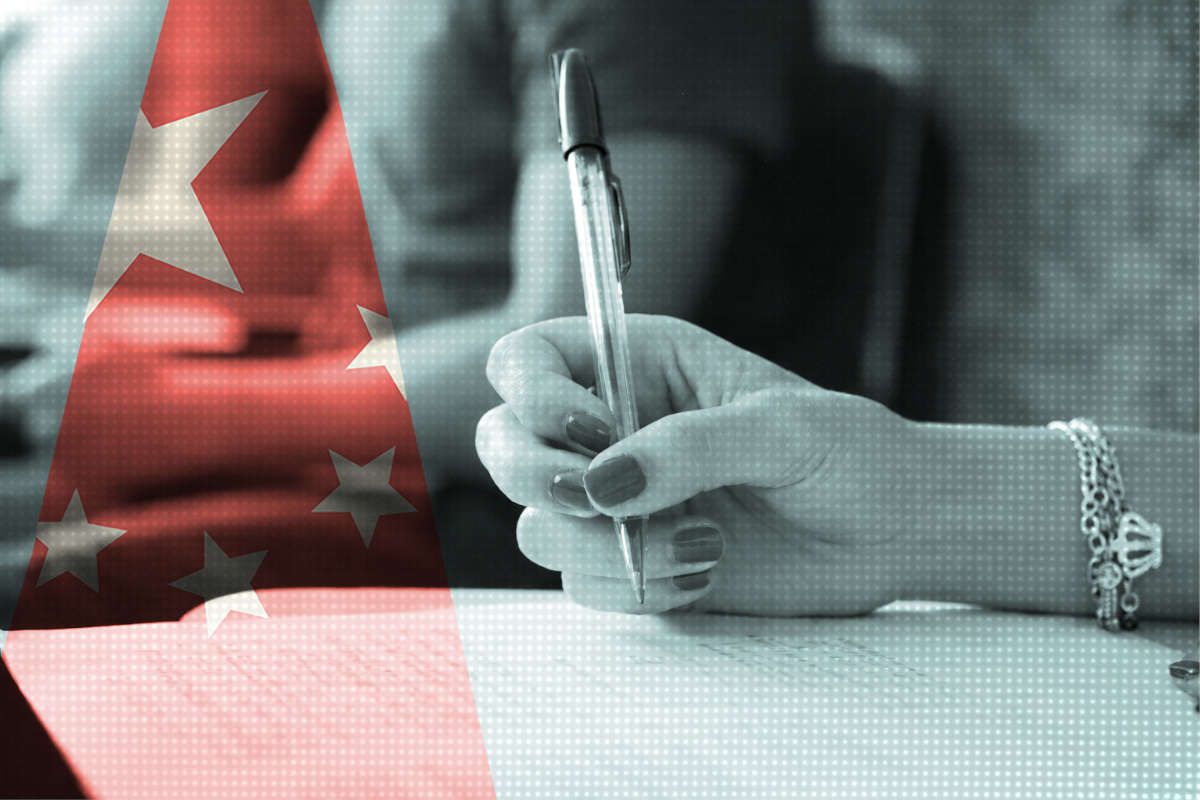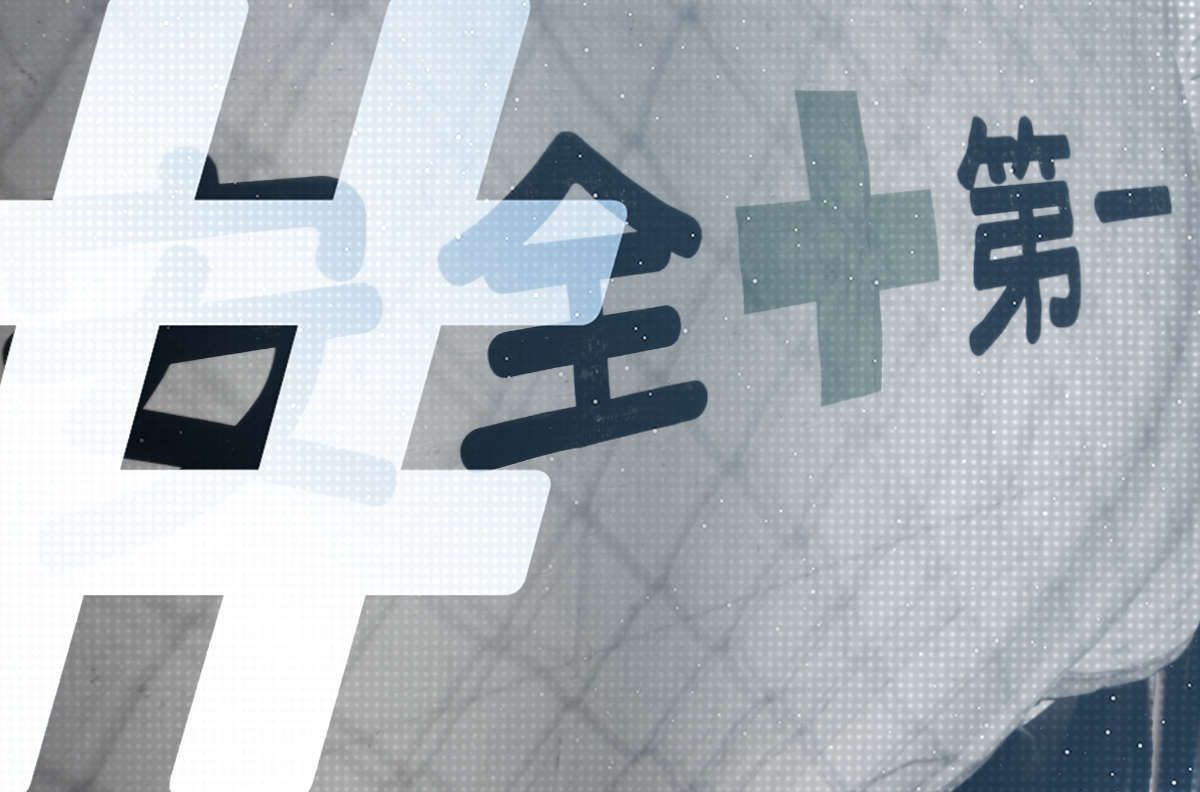A bit of context can sometimes cast away the monsters and calm one’s pounding heart. Business Insider wrote yesterday that a “chilling memo” had been released by the People’s Liberation Army, informing everyone that, “at least on the internet, China is at war.”
Before you hide under your bed, here is the context.
First of all, there is no “memo.” The text in question was an editorial running yesterday on page six of the People’s Liberation Army Daily, a newspaper that serves as the official mouthpiece of China’s Central Military Commission but does not reflect decision-making at the innermost core of political power in China. Promoted to the front page, such an article might occasion deeper reflection (of the “hmm” sort), but would hardly be a sign of anything profoundly significant.
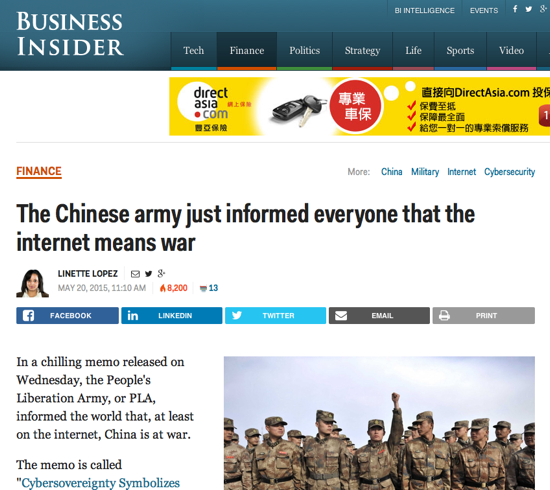
This is a drop in the bucket of hardline sentiments we have seen from official media in China in recent months (and now years, unfortunately) — over “judicial independence,” the “public opinion struggle,” “constitutionalism,” or the “Western hostile forces.” Think of them as recurring abdominal pains, a nagging dyspepsia that might (or might not) signal a more serious condition.
Nor is this sort of churlishness over the issue of internet sovereignty something new at the People’s Liberation Army Daily.
There was the piece last week, on May 13, bellyaching about how “certain Western militaries” had already “brought the online struggle into their national defense and military strategies.” The crowning line of that diatribe: “Only by steadily engaging, standing at the front and making strong counterattacks can our army preserve ‘online sovereignty’ and build an ‘online Great Wall’!”
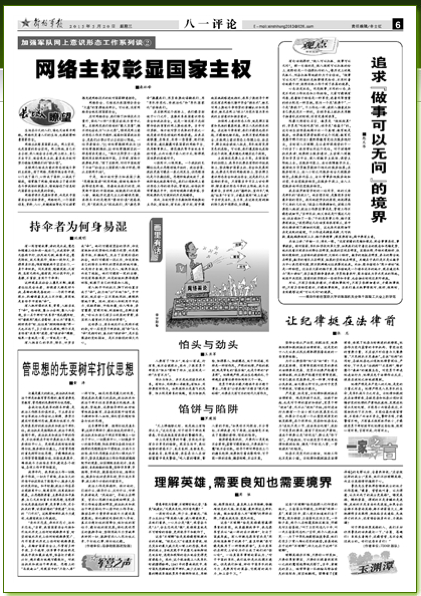
Two weeks before that, on May 2, a strongly-worded piece in the paper vowed to purge those who spread “online rumors” about the Chinese military — about, for example, “military umbrellas of protection for crime syndicates,” or “internal struggles among the PLA elite.” At one point, the piece said ominously: “Certain hostile forces are trying in vain to use the broadcast power of the internet, in projects of online ‘Cold War’ and ‘political modification,’ to drive a wedge between the Party and the military.”
Or we can go all the way back to December 22, 2014, when the People’s Liberation Army Daily ran an article headlined, “Hostile Forces Frantically Manufacture Online Rumors to Defame and Vilify the PLA.” “In the Internet age,” that article concluded, “national security means securing one’s ideological core (心防即国防).”
But it’s coverage today that provides the clearest context to yesterday’s jeremiad. The front page of today’s People’s Liberation Army Daily tells us that yesterday was the first full session, held in Beijing, of the “All-Military Internet Security and Informatization Expert Consultation Commission” (全军网络安全和信息化专家咨询委员会).
I can bet you’ve never heard of this group before, because until now virtually nothing whatsoever has been written about it, in Chinese or in English. Today’s report gives us the basic lay of the land:
The All-Military Internet Security and Informatization Expert Consultation Commission is an organ for strategic consultation and technical support for the Central Internet Security and Informatization Leading Group, and it plays an important intelligence and strategic role in the strengthening of internet security, in raising the scientific nature of informatization strategies and decision-making, and in promoting the acceleration of informatization in the military.
The Central Internet Security and Informatization Leading Group to which this passage refers is the new strategic information security body established by President Xi Jinping in February 2014, with the General Office run by Lu Wei (鲁炜), China’s new cyber czar (who also heads up the Cyberspace Administration).
Others may disagree with me, but I don’t believe the PLA’s new Expert Consultation Commission is anything to get excited about, much less up in arms about. Its formation most likely mirrors, on the military side, the priority assent of strategic internet and information technology control we have seen already within the Chinese Communist Party, in the form of Xi Jinping’s new Leading Group.
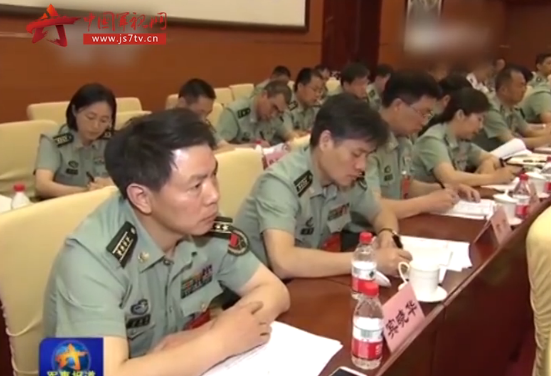
Now, imagine. It’s May 20, 2015. China’s military is holding the first session of its brand new, high-level “commission” dealing with the internet and information technology. The whole point of the commission, its raison d’être, is to grapple with internet security as a core component of national security.
Is it surprising at all that the army’s flagship newspaper should run an editorial on precisely this issue to mark the opening of the inaugural meeting? Is it surprising to find that editorial whirring with the same combative tone that has defined most others before it?
There now. Let’s all calm down.

